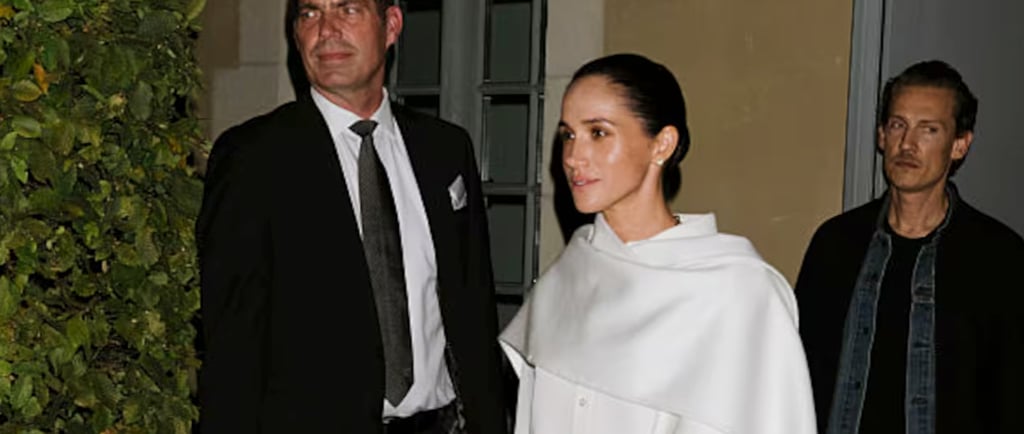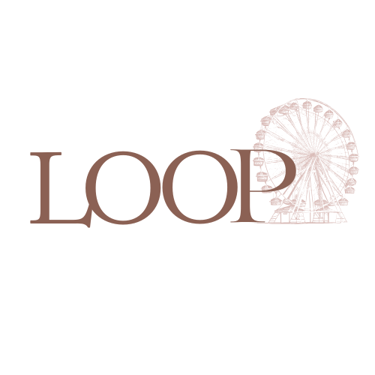Meghan Markle’s Paris Fashion Week Appearance: A Lesson in Image Over Substance — and What Fashion Can Learn From It
Meghan Markle made a surprise appearance at Paris Fashion Week, sparking debate about ethics, image, and branding. Here’s what her move teaches us about fashion, influence, and moral branding in 2025..
FASHION, BEAUTY & CULTURE
Lindy Rosa
10/5/20252 min ler


Meghan Markle’s Paris Appearance: The Power—and Price—of Rebranding
When Meghan Markle appeared at Paris Fashion Week this year, the cameras went wild. It was unexpected, headline-grabbing, and—like most of her public moves—carefully calculated.
But beyond the flashbulbs and designer fabrics, her appearance opens up an uncomfortable but necessary conversation about the ethics of fashion and the obsession with rebranding at any cost.
In recent days, online commentators and YouTube creators have voiced serious concerns about her attendance, pointing out the brand controversy surrounding Balenciaga’s 2022 campaign—one that many felt crossed moral lines. One creator put it bluntly: “When you show up for a brand with that kind of history, you’re not just attending—you’re endorsing.”
It’s a fair point. And while I’m not interested in moral grandstanding, I believe moments like this deserve deeper reflection—especially for those of us who work with branding, image, and perception.
When Image Outruns Integrity
I’ll be honest: I’ve never fully resonated with Meghan Markle as a public figure. She seems, to me, caught in a loop of reinvention—constantly reintroducing herself through projects that promise authenticity but often feel overproduced.
From humanitarian titles to lifestyle ventures, her narrative feels like a performance of empowerment that doesn’t quite connect with the audience it claims to serve.
Still, I think there’s a valuable takeaway here: image alone doesn’t build trust. In marketing, just as in royal dramas or luxury fashion, authenticity isn’t about perfect storytelling—it’s about coherence between values and action.
The “Balenciaga Dilemma”: Ethics vs. Exposure
Fashion, like marketing, has a short memory. Scandals fade, trends move on, and a powerful influencer can help rewrite the narrative faster than any press release.
By aligning with a controversial fashion house, Meghan seems to be betting on the public’s tendency to move past outrage, focusing instead on aesthetics and celebrity glamour.
Yet, as marketers and creatives, we must ask ourselves: At what point does reinvention become moral amnesia?
Rebranding is powerful—but it should never be detached from the values that give it meaning.
What the Fashion World Can Learn
Despite the controversy, Meghan’s move reveals something crucial for the fashion and beauty industries in 2025:
Ethical storytelling sells—when it’s real.
Consumers are becoming more discerning. They want to know why a brand makes choices, not just what it sells. Shiny faces and influencer posts are no longer enough.Rebranding without purpose feels hollow.
Meghan’s appearance shows how easy it is to repackage an image without addressing deeper questions. Brands that ignore context risk alienating audiences long-term.The fashion cycle forgives—but doesn’t forget.
People may move on quickly, but screenshots, articles, and opinions live forever online. Every brand decision becomes part of its digital DNA.Moral positioning is the new luxury.
In an era where “clean beauty” and “sustainable fashion” dominate, ethical credibility has become as valuable as aesthetic appeal.
My Takeaway: Influence Without Depth Is Just Noise
While I personally find Meghan Markle’s public persona polished yet shallow, I also see her as a reflection of the world we’ve built—one where visibility often replaces virtue.
Her Fashion Week moment reminds us that in both fashion and marketing, the spotlight can either illuminate authenticity or expose inconsistency. The difference lies in intention.
Maybe that’s the lesson we should take—not from Meghan’s outfit, but from the story behind it.
